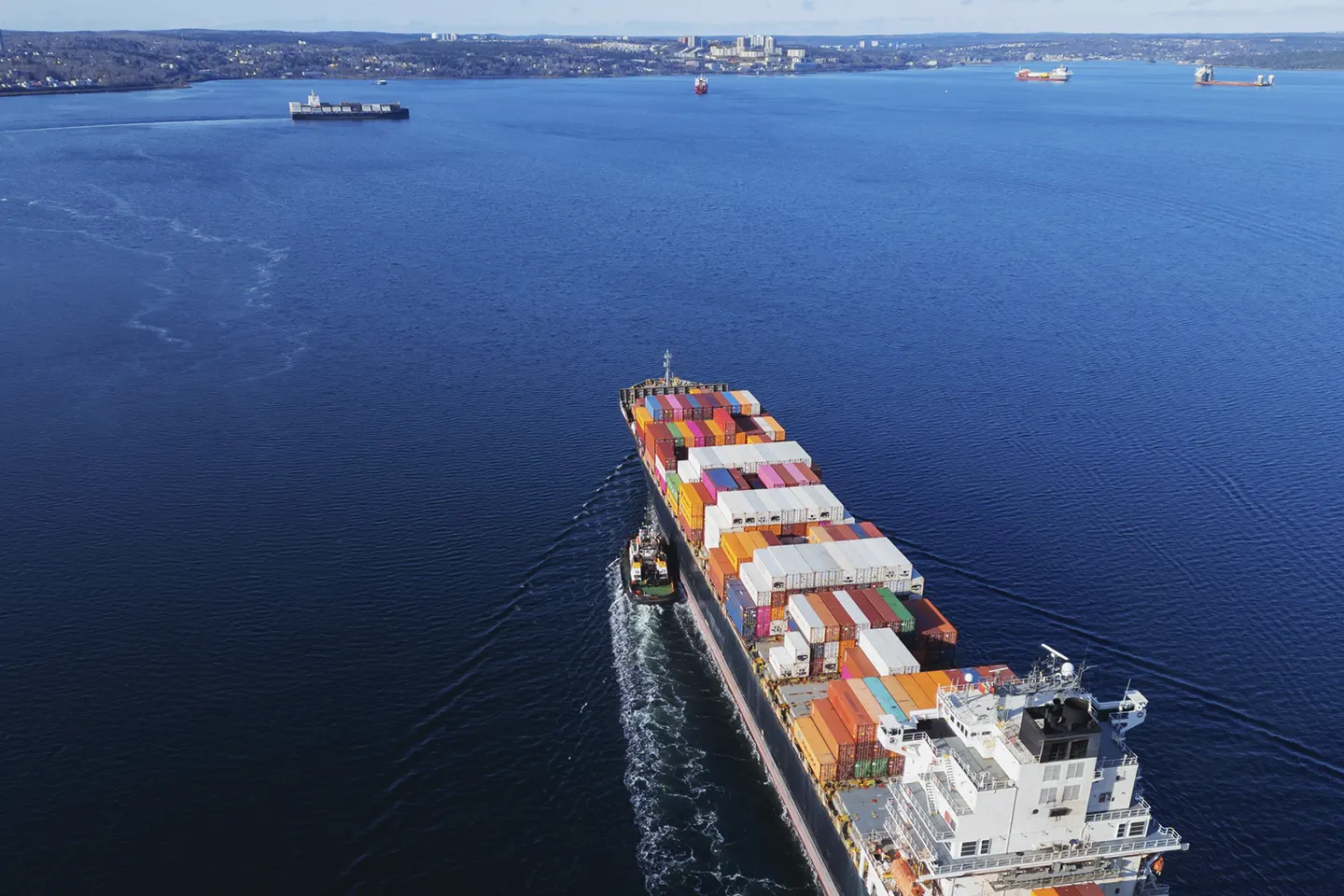PM Carney Announces First Major Projects

Today, the Prime Minister Carney formally announced the first wave of projects being referred to the new Major Projects Office (MPO), a government agency tasked with accelerating the development of nation-building projects. This initiative was positioned by the Prime Minister as a defining moment for Canada to secure long-term prosperity by building critical infrastructure at unprecedented speed and scale.
The MPO is designed as a single-window federal office that will coordinate regulatory approvals, intergovernmental collaboration, Indigenous engagement, financing structuring, and project oversight. Its mandate is to deliver clear, predictable regulatory pathways within a two-year review timeline for projects deemed in the national interest.
While framed as a “single-window”, we continue to encourage project proponents to engage broadly with relevant funding programs, regulatory processes, federal Ministers, their offices, and their senior Departmental officials to ensure that your project has broad government support. The MPO is an important tool, but is only one in the toolbox.
It is also important to note that the Projects of Natural Interest list is meant to be a living list that will evolve over time. In today’s remarks, Prime Minister Carney said that the next round of projects will be added “by the Grey Cup” which is to be held on November 16th. This first tranche was selected based on their elevated level of readiness, along with hitting the key criteria listed under Canada’s Bill C-5:
- strengthen Canada’s autonomy, resilience and security;
- provide economic or other benefits to Canada;
- have a high likelihood of successful execution;
- contribute to clean growth and meeting Canada’s climate change objectives; and
- advance the interests of Indigenous peoples.
Initial Projects Under Consideration
The first set of projects referred to the MPO include:
- LNG Canada Phase 2 (Kitimat, BC): $33B private investment to double Canada’s LNG export capacity, diversify trade, and support low-carbon intensity energy exports.
- Darlington New Nuclear SMR (Bowmanville, ON): Canada’s first small modular reactor, with potential to make Canada a global leader in SMR deployment and exports.
- Contrecoeur Container Terminal (QC): Expansion of Port of Montréal capacity by 60% with AI-enabled supply chain enhancements.
- McIlvenna Bay Foran Copper Mine (SK): Low-emission copper and zinc mine to strengthen critical mineral supply chains.
- Red Chris Mine Expansion (BC): Extends mine life and boosts national copper output by 15%, anchoring northern B.C. economic development.
Transformative Strategies
Beyond the initial five projects, the MPO has been directed to prioritize and advance transformative initiatives in:
- Critical Minerals (e.g., Labrador Trough, Ring of Fire, Northwest BC corridor).
- Atlantic Offshore Wind (Wind West): Unlocking 60 GW of renewable capacity, with interties across Atlantic provinces.
- Carbon Capture & Storage (Pathways Plus, AB): Decarbonizing oil sands and enabling low-carbon oil exports.
- Arctic Economic and Security Corridor: Dual-use infrastructure to reinforce sovereignty, defence, and northern development.
- Port of Churchill Plus (MB): Indigenous-owned, multi-modal northern trade gateway to Europe.
- Alto High-Speed Rail (Toronto–Québec City): First Canadian high-speed rail line, connecting nearly half the population with major housing, climate, and jobs benefits.
Conclusion & Next Steps
Projects and proponents active in energy, mining, infrastructure, and trade corridors should immediately consider how their proposals align with the MPO’s national interest framework. Sussex Strategy Group is actively engaging with Ottawa on behalf of clients and can help you position your project, identify the right points of entry, and navigate intergovernmental dynamics.
We recommend arranging a meeting with Sussex to discuss strategies for engaging not only with the MPO, but also with other critical federal actors such as Natural Resources Canada (NRCan), the Prime Minister’s Office (PMO), and the Privy Council Office (PCO), all of whom will play decisive roles in shaping and advancing nation-building projects.


